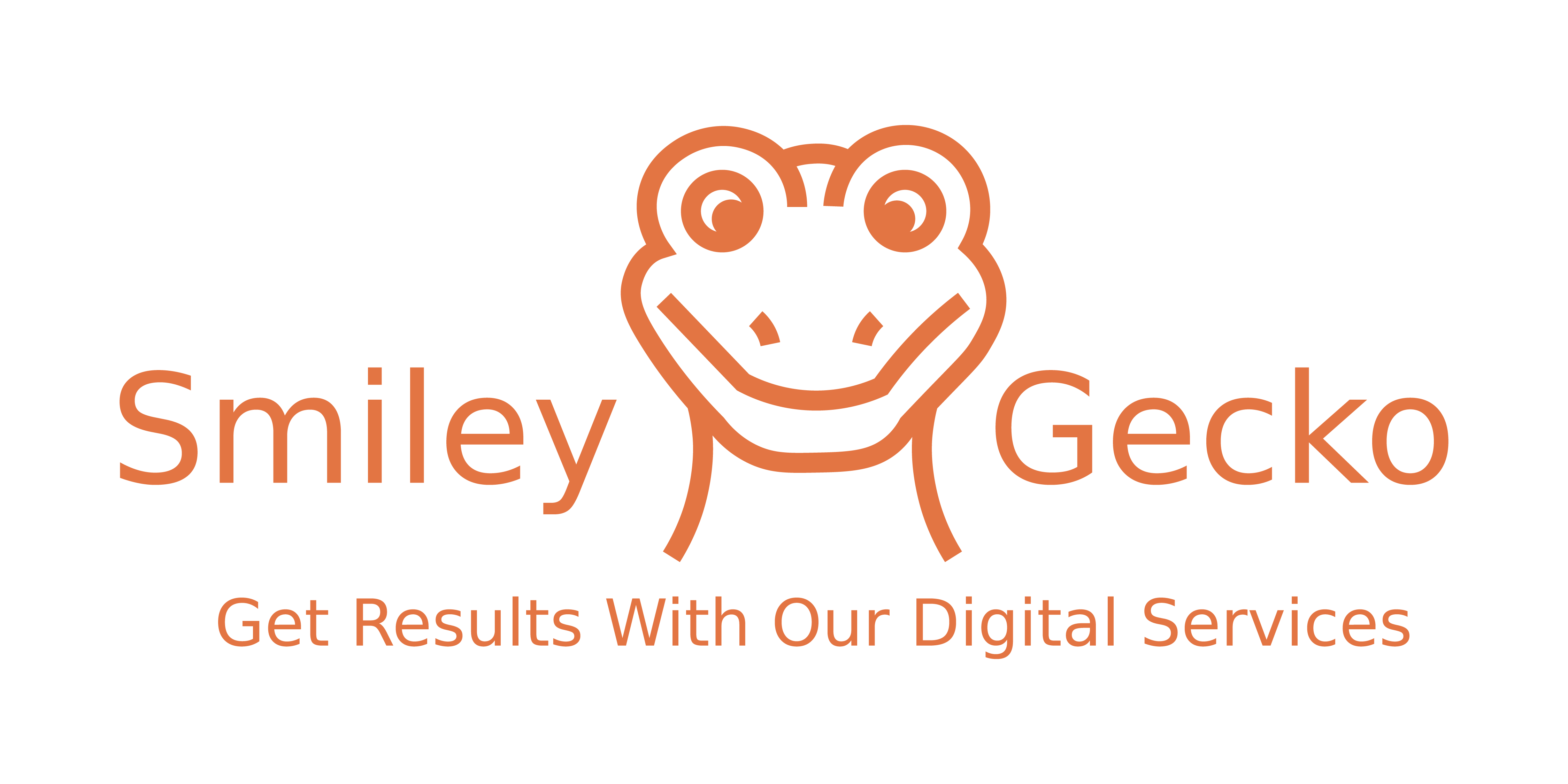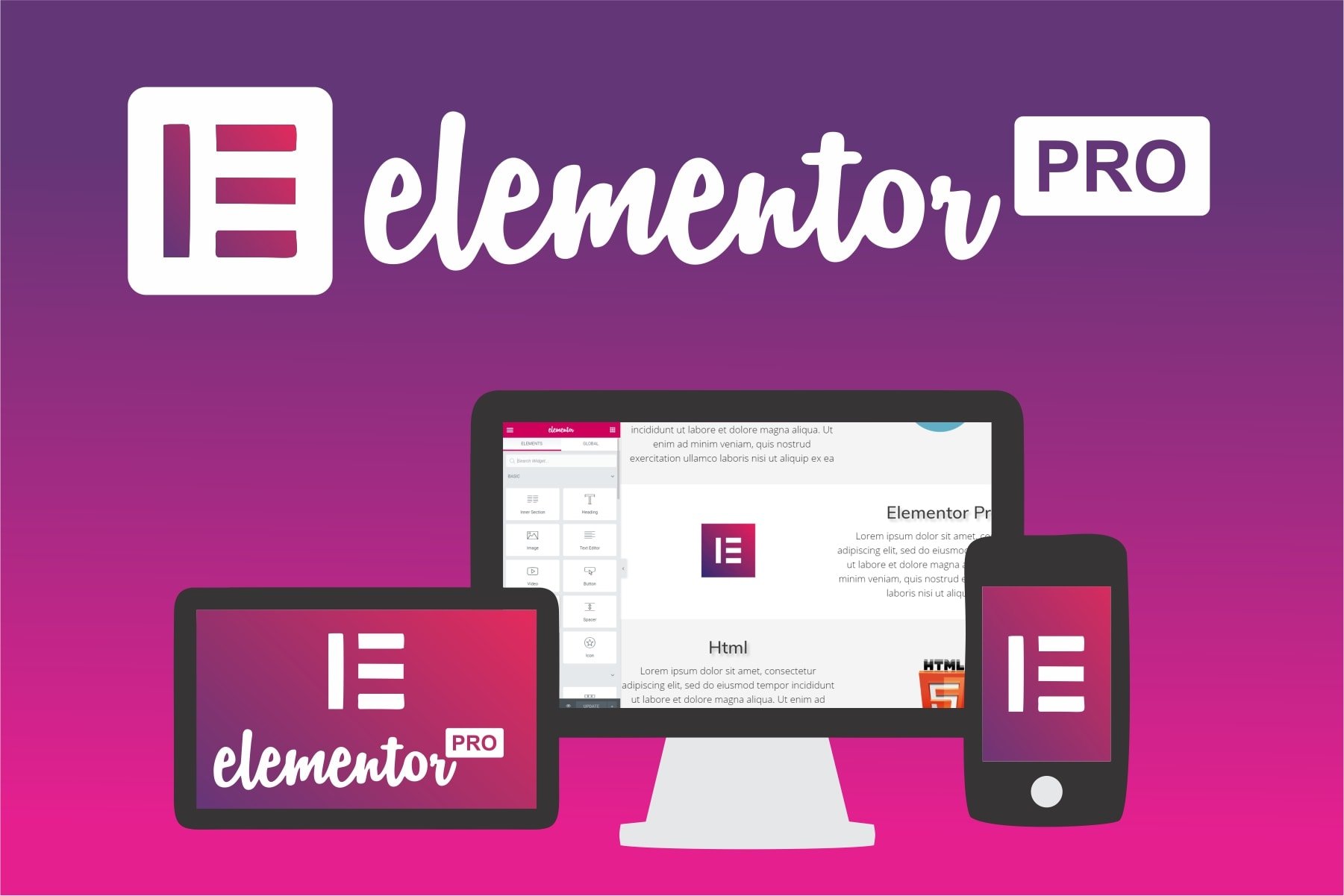
The Top 10 Best Content Management Systems
A content management system (CMS) is a software application that allows you to create, manage, and publish digital content on the web. A CMS can help you build and maintain a website, blog, e-commerce, or online business without requiring much technical knowledge or coding skills. A CMS can also help you improve the design, performance, security, SEO, and user experience of your site.
There are many CMS platforms available, both free and paid, but not all of them are equally good for your needs. Some CMS platforms may be more suitable for certain types of sites, industries, or audiences. Some CMS platforms may offer more features, flexibility, and customisation than others. Some CMS platforms may be easier to use, maintain, and update than others.
So, how do you choose the best CMS platform for your site? In this blog post, we will answer some of the most common questions about CMS platforms and provide a list of the top 10 best CMS platforms in 2024. We will also give you some tips on how to use and optimise your CMS platform for your site.
What are the benefits of using a CMS platform?
Using a CMS platform can bring many benefits to your site, such as:
- Saving time and money. A CMS platform can help you save time and money by simplifying and automating the process of creating and managing your site. You don’t need to hire a developer, designer, or editor to build and maintain your site. You can also save money on hosting, domain, and maintenance fees, as some CMS platforms offer free or low-cost plans.
- Increasing efficiency and productivity. A CMS platform can help you increase efficiency and productivity by streamlining and optimising the workflow of your site. You can easily create, edit, and publish content without worrying about the technical aspects. You can also collaborate and communicate with your team, clients, or users using tools such as comments, feedback, and notifications.
- Enhancing the quality and consistency of your site. A CMS platform can help you enhance the quality and consistency of your site by providing templates, themes, plugins, and widgets that can improve the design, functionality, and usability of your site. You can also ensure the accuracy, relevance, and freshness of your content by using features such as revisions, drafts, and scheduling.
- Boosting the performance and security of your site. A CMS platform can help you boost the performance and security of your site by offering features such as caching, compression, backup, firewall, SSL, and more. These can help you improve the speed, reliability, and safety of your site and protect it from hackers, malware, spam, and other threats.
- Improving the SEO and ranking of your site. A CMS platform can help you improve the SEO and ranking of your site by offering features such as meta tags, sitemaps, breadcrumbs, schema, and more. These can help you optimise your site for search engines and increase your visibility, traffic, and conversions.
How do you choose the best CMS platform for your site?
Choosing the best CMS platform for your site depends on your needs, goals, and preferences. However, here are some general guidelines to help you:
- Define your purpose and objectives. You should first define the purpose and objectives of your site, such as what type of site you want to create, what industry or niche you belong to, what audience or market you target, and what goals or outcomes you want to achieve.
- Evaluate your skills and resources. You should also evaluate your skills and resources, such as how much technical knowledge or coding skills you have, how much time or money you can invest, and how much support or guidance you need.
- Compare the features and pricing. You should then compare the features and pricing of different CMS platforms, such as what features and functionality they offer, how flexible and customisable they are, how easy and user-friendly they are, and how much they cost and what plans they have.
- Test and review. You should finally test and review the CMS platforms that you are interested in, such as by trying their demos, free trials, or live examples, and by reading their ratings, reviews, and testimonials.

What are the top 10 best CMS platforms in 2024?
Based on our research and experience, here are the top 10 best CMS platforms in 2024, in no particular order:
- WordPress. WordPress is one of the most popular and powerful CMS platforms in the world, with over 40% of all websites powered by it. It is a free and open-source platform that offers a lot of features and flexibility, such as themes, plugins, widgets, and more. It is also easy to use and learn, with a large and active community of users and developers.
- Shopify. Shopify is one of the most popular and powerful CMS platforms for e-commerce, with over 1.7 million online stores powered by it. It is a paid and hosted platform that offers a lot of features and functionality, such as a product catalogue, shopping cart, checkout, payment, shipping, and more. It is also easy to use and set up, with a large and active community of users and developers.
- Drupal. Drupal is one of the most popular and powerful CMS platforms for complex and large-scale websites, with over 2% of all websites powered by it. It is a free and open-source platform that offers a lot of features and flexibility, such as modules, themes, distributions, and more. It is also secure and scalable, with a large and active community of users and developers.
- Squarespace. Squarespace is one of the most popular and powerful CMS platforms for creative and professional websites, with over 2 million websites powered by it. It is a paid and hosted platform that offers a lot of features and functionality, such as templates, elements, galleries, blogs, and more. It is also easy to use and design, with a large and active community of users and developers.
- Wix. Wix is one of the most popular and powerful CMS platforms for simple and personal websites, with over 200 million websites powered by it. It is a paid and hosted platform that offers a lot of features and functionality, such as a drag-and-drop interface, live preview, and hundreds of templates, apps, and elements. It is also easy to use and customise, with a large and active community of users and developers.
- Joomla. Joomla is one of the most popular and powerful CMS platforms for versatile and multi-purpose websites, with over 2% of all websites powered by it. It is a free and open-source platform that offers a lot of features and flexibility, such as extensions, templates, languages, and more. It is also secure and scalable, with a large and active community of users and developers.
- Magento. Magento is one of the most popular and powerful CMS platforms for e-commerce, with over 1% of all websites powered by it. It is a free and open-source platform that offers a lot of features and functionality, such as a product catalogue, shopping cart, checkout, payment, shipping, and more. It is also flexible and customisable, with a large and active community of users and developers.
- Weebly. Weebly is one of the most popular and powerful CMS platforms for simple and personal websites, with over 50 million websites powered by it. It is a paid and hosted platform that offers a lot of features and functionality, such as a drag-and-drop interface, live preview, and hundreds of templates, apps, and elements. It is also easy to use and customise, with a large and active community of users and developers.
- Ghost. Ghost is one of the most popular and powerful CMS platforms for blogging and publishing, with over 2 million websites powered by it. It is a free and open-source platform that offers a lot of features and functionality, such as themes, plugins, widgets, and more. It is also fast and lightweight, with a large and active community of users and developers.
- HubSpot. HubSpot is one of the most popular and powerful CMS platforms for marketing and sales, with over 100,000 websites powered by it. It is a paid and hosted platform that offers a lot of features and functionality, such as landing pages, forms, email marketing, CRM, and more. It is also easy to use and optimise, with a large and active community of users and developers.
Conclusion
A CMS platform is a great tool for creating and managing your site, as it can help you save time and money, increase efficiency and productivity, enhance quality and consistency, boost performance and security, and improve SEO and ranking. However, you should be careful and selective when choosing and using a CMS platform, as not all of them are good for your site. We hope that this blog post has helped you learn more about CMS platforms and the top 10 best CMS platforms in 2024.






0 Comments